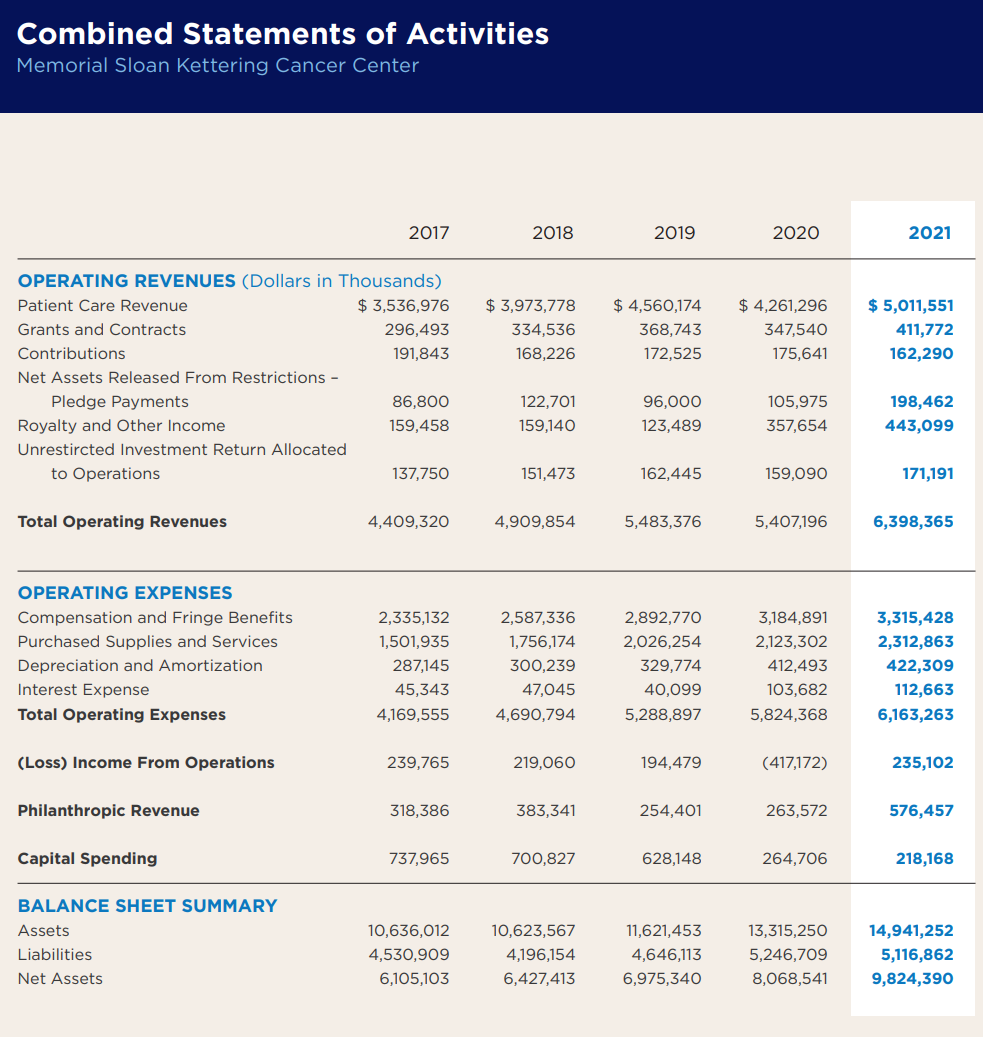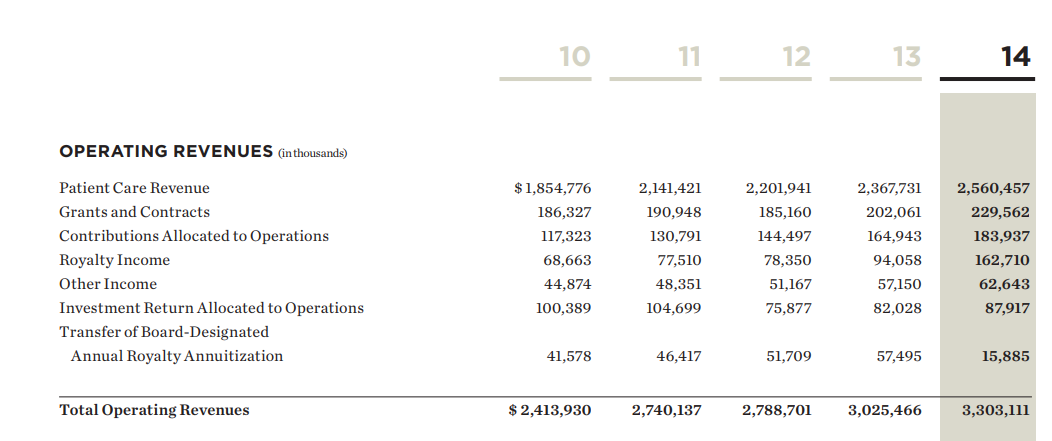The thing about PSA is if you want to give yourselves 20 weeks vacation and 3 day weeks, you can. You can control your own retirement funds and health insurance options. And if you have a shift in referral patterns and have a banner year and make 1.5 million in pro, you keep it (reverse is obviously true as well). Whereas, **** like that would never fly in an employment model.
I would say when I graduated, I really, really, really didn't want to work for a hospital. At this stage of life, that's probably the only type of job I want now. And, it is basically going to be all that's left. But, that is a huge loss to the community. Freestanding private practices generally provide excellent, cost effective care close to home. Pre-2010 or so, this seemed to be fine. Post 2010 or so, private practice became the enemy and policies and regulations actively were enacted to destroy them. And it continues...
At the same time, I think all of this is very malleable.
If I converted to a PSA (which was an option), if I said I was coming in for 3 days a week and they could hire someone else for the other 2, I'd be laughed out the door.
There's a fella I know who is employed and has a partner out west. They have done amazing work and have good relationship with C suite. They have arranged 3 days work weeks for each (well 4 day with one of those work from home, but the 5th day is off) and get full pay.
None of my hospital jobs had cap specified in the contract. One of my hospital jobs would attempt to slow you down but no explicit cap. If you hit greater than 95th percentile (or was it 99%?) they may consider re-education.
I think, in general - more autonomy with PSA / single or multi specialty private practice, more risk, more reward. In general - more safety and security in an employed job. But, there is a huge overlap between these models and I think finding fit is more important than anything else.
If you put each on in separate boxes, you may lose out on potentially good opportunities.


